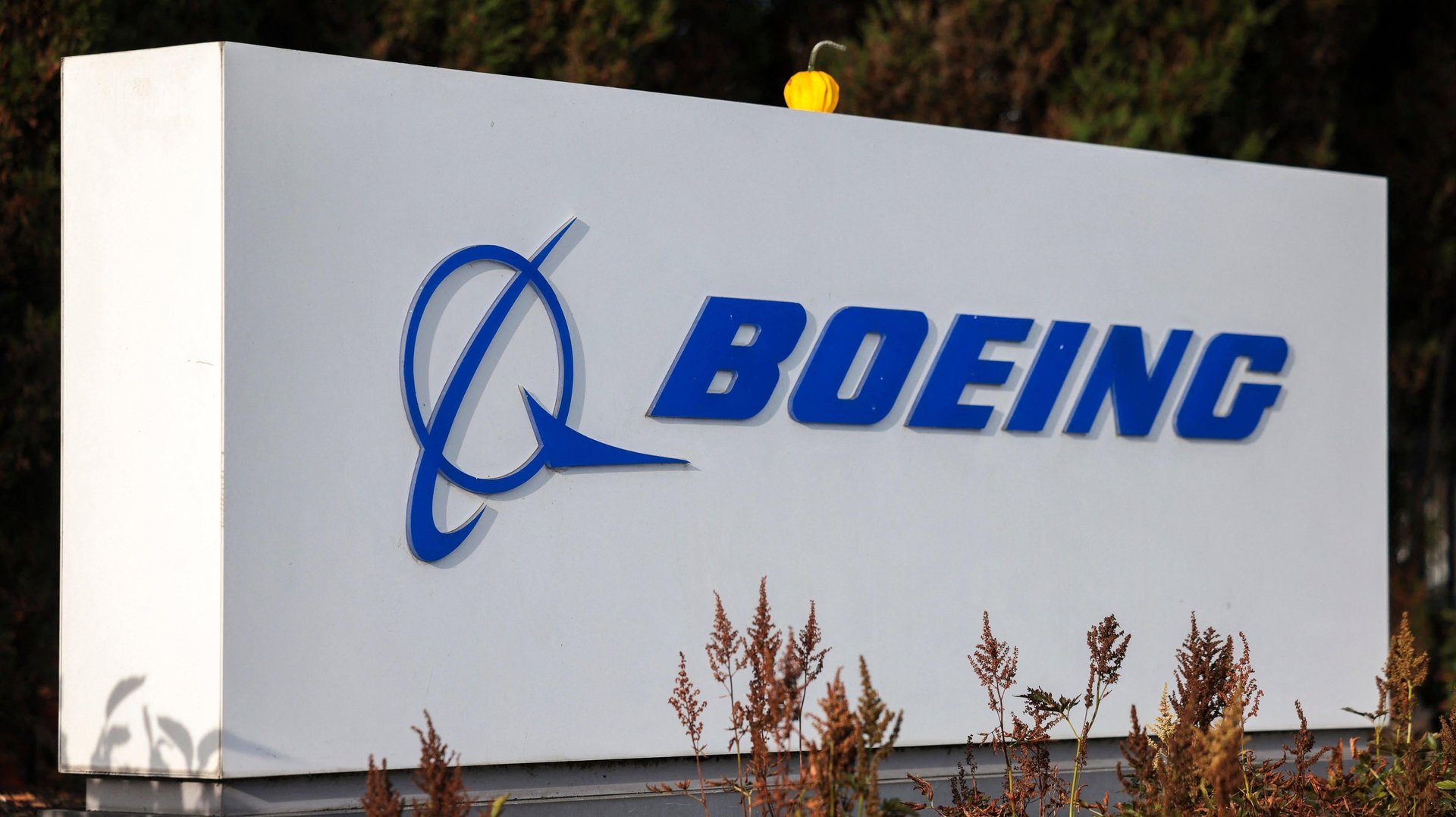Boeing strike ends as workers approve new contract after almost 2 months
The vote by Boeing machinists brings an end to a costly chapter in what had already been a difficult year for the plane maker

Boeing (BA) machinists ended their strike late Monday after almost two months, ratifying a union contract that gave them a 38% raise. The approval came after a tense bargaining process that included the threat of worse offers to come from the troubled plane maker’s CEO.
Suggested Reading
The result brings an end to a costly chapter in what had already been a difficult year for Boeing. The company can now focus its efforts on starting 2025 on better footing and staging a comeback after years of difficulty.
Related Content
“The strike has ended,” the local district of the International Association of Machinists and Aerospace Workers (IAM) said in a post on social media shortly after midnight on Tuesday. The union said 59% of workers voted to end the strike.
Boeing stock rose about 2% in pre-market trading Tuesday.
The contract under consideration was the third negotiated by Boeing and the International Association of Machinists and Aerospace Workers (IAM), which represents more than 30,000 workers at the company. The initial agreement offered a 25% raise, but the machinists almost unanimously voted that proposal down, kicking off the work stoppage on Sept. 13.
After less than a month, Boeing said a 30% raise would be its “best and final offer” to the machinists. The IAM said the offer and the means by which it was made — publicly and without full negotiation — amounted to a “blatant show of disrespect.”
While Boeing eventually withdrew the offer and suggested it would walk away from talks indefinitely, Acting Secretary of Labor Julie Su helped bring the company and the union to get back to the bargaining table. Boeing offered a second contract that included a 35% raise. That agreement, too, was voted down by workers.
The previous offer was voted down by 64% of the membership. As support for Boeing’s contracts increased, so did tensions among the bargaining unit: The union asked workers not to bully one another over their votes.
Knock-on effects of the strike have reverberated far beyond Boeing’s West Coast factories. The company’s workers have been furloughed as a result of the stoppage, and Boeing has plans in place to begin layoffs before Thanksgiving equal to 10% of its workforce. Plus, Boeing suppliers such as fuselage builder Spirit AeroSystems (SPR) are making cutbacks of their own as they wait for Boeing’s production to restart. The strike has had such an outsize economic effect that it warped the most recent jobs report.
Throughout the labor action, workers held firm to their demand for a 40% wage increase and the restoration of their pensions, a benefit that ceased to be available to new workers after being discontinued during a 2014 extension of a 2008 collective bargaining agreement. The 2024 contract represented Boeing’s first full contract negotiation with the IAM since that Bush-era document.
During Boeing’s most recent earnings report, it warned investors that it was bleeding cash and would continue to do so into 2025 regardless of whether the machinists made their back to jobsites. Those investors had been focusing heavily on cash flow because the company broke open its piggy bank a few times this year.
First, it borrowed $10 billion because a Federal Aviation Administration–imposed production slowdown following a January door plug blowout made it harder to get paid for the fewer airplanes going out the door. Then came the strike. In October, the company revealed plans to raise as much as $35 billion to refill its quickly draining treasury, a tricky dance considering that new debt would threaten its barely-there investment-grade credit rating.
Last week, Boeing raised more than $20 billion through stock sales. In its offering documents, the company described the strike as an existential threat.
“This work stoppage and the actions we have taken in response to the strike to help preserve our financial condition, including planned workforce reductions, furloughs, hiring freezes and pausing the issuance of certain supplier purchase orders, could negatively impact our ability to achieve our strategic objectives,” it said.
